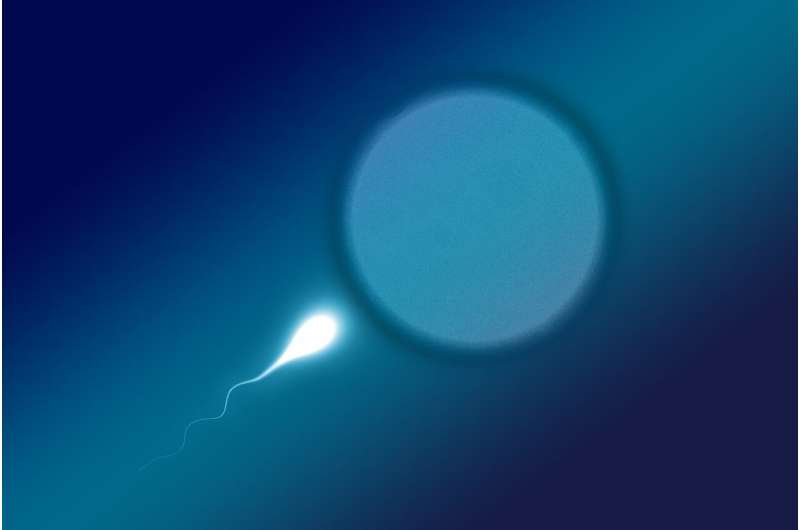Researchers publish editorial on epigenetic aging in oocytes

A new editorial paper titled "Epigenetic aging in oocytes" has been published in Aging.
19 sept 2023--Aging-related phenotypes span many different tissues and cell types, and start to occur at different ages—a different typical age for every cell type. In their new editorial, researchers Peera Wasserzug-Pash and Michael Klutstein from The Hebrew University of Jerusalem discuss one of the earliest occurring aging events in the human body, which is the beginning of female reproductive aging and deterioration. The clinical cutoff for advanced maternal age (AMA), a condition associated with poor reproductive outcomes, is 35 years old.
According to the research, "The early onset of reproductive aging poses a significant challenge to clinicians since a global consistent increase in maternal age at first birth has occurred in recent decades, effectively shortening the available time window for reproduction."
As the rate of patients with advanced maternal age rises, and with it, the number of patients in fertility clinics, so does the necessity for a fundamental understanding of the reproductive aging process. In recent years, it has been established that there is a substantial dominating influence of oocyte quality loss on age-related fertility decline. This is best demonstrated by the rise in IVF success rates in reproductively aged women when they receive an egg donation from a younger woman. Oocyte quality loss is characterized by diminished cellular function and an increased occurrence of chromosomal nondisjunctions.
"Our recent publication addresses the question of additional, epigenetic mechanisms that lead to the occurrence of age-related oocyte quality loss," the paper states.
More information: Peera Wasserzug-Pash et al, Epigenetic aging in oocytes, Aging (2023). DOI: 10.18632/aging.204976
No comments:
Post a Comment